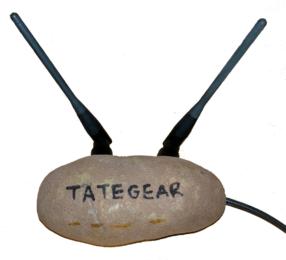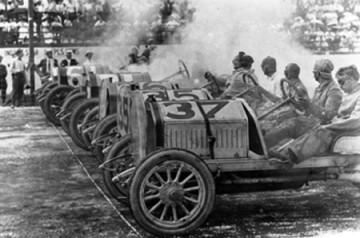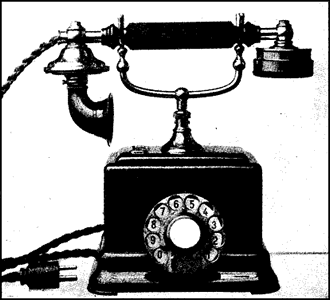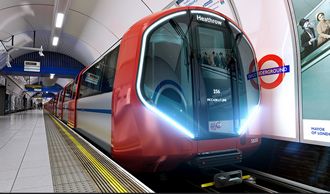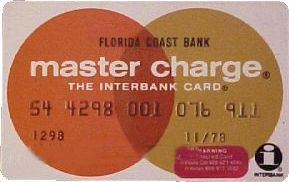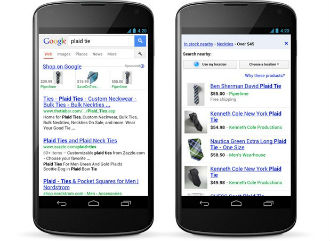 Phone 4U’s founder, John Caudwell, blamed the outfit’s demise on its mobile network suppliers and private equity owners, BC Partners.
Phone 4U’s founder, John Caudwell, blamed the outfit’s demise on its mobile network suppliers and private equity owners, BC Partners.
Caudwell, who started the chain of phone shops in the 1980s and sold it for £1.5bn in 2006, said Vodafone, EE and other networks had refused to supply the retailer, in a strategy to reduce competition and fatten their margins.
Phones 4u’s private equity owners had left the company financially weakened so that it could not defend itself, he said.
BC had acquired the chain in 2011 in a £610m deal, only to allow it to be saddled with debts of £635m.
“It’s astonishingly ruthless. Vodafone have had millions upon millions from Phones 4u over 25 years,” he said.
“It’s dreadful for British business. It gives us a terrible reputation, it destroys jobs and it is a terribly unhealthy environment to do business… The private equity houses left the business laden with debt and that weakened their ability to defend themselves and fight.”
Judging by the way that EE and Vodafone jumped and bought a portion of Phones 4u’s old stores, Caudwell might have a point.
Vodafone will take over 140 Phones 4u stores while EE will take over 58 shops. The deal will see the jobs of more than one thousand people saved as staff are to remain working at their current locations.
Phones 4u went into administration on September 15 after failing to retain EE and and Vodafone as carrier partners.
The Vodafone deal will preserve 887 jobs. The deal with EE, announced Monday, saves a further 359 jobs. In addition, Dixons has offered jobs to those working at Phones 4u confessionals in its stores.
The Vodafone and EE-owned stores will be rebranded by their new owners, though it’s not clear how long that will take. Dixons Carphone plans to make an offer to acquire as many as 100 stores and will invite the staff at those stores to apply for available positions.
Vodafone and EE have claimed that Caudwell is off-base with his remarks. Phones 4u management told them that they could not stock the phones because of the company’s large debts.
Vodafone said: “Phones 4u was offered repeated opportunities to propose competitive distribution terms to enable us to conclude a new agreement, but was unable to do so on terms which were commercially viable.
Administrator PWC said that 362 of the retailer’s stores will close, immediately costing 1,697 staff their jobs. Another 720 people have been retained in the short term to assist with the closure programme, the accountants added, but will then be made redundant.
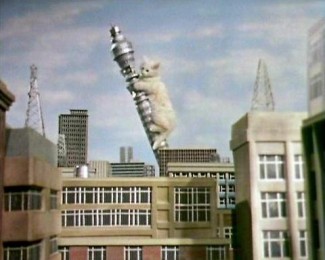 Which? has told telecom firms to stop any plans to go ahead with ‘unconscionable’ broadband and mobile price hikes in April, even after the industry watchdog found the practice hurts consumers and set out plans to ban it.
Which? has told telecom firms to stop any plans to go ahead with ‘unconscionable’ broadband and mobile price hikes in April, even after the industry watchdog found the practice hurts consumers and set out plans to ban it.